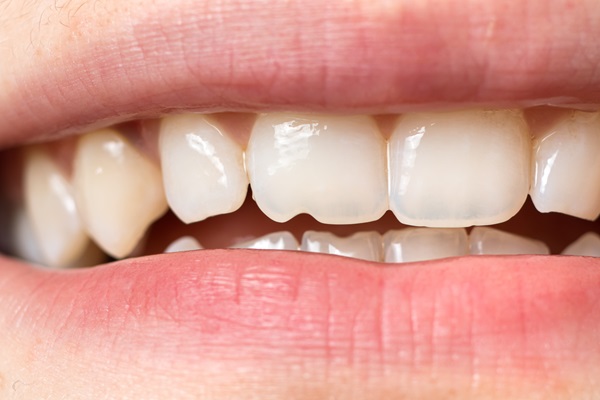Frequently Asked Questions About a Root Canal

If your dentist has recommended root canal treatment, you may feel worried, especially if you have heard all the rumors about the treatment. However, there is no need to worry – root canal therapy is a dental procedure performed to relieve tooth pain and extend the life of the tooth. The more you learn about the procedure, the more you will understand its importance. The following are answers to some frequently asked questions.
What is a root canal?
A root canal refers to the small, narrow passages that extend from the central hollow space (the pulp chamber) of the tooth down to the end of the root of the tooth. The term is also the short form of root canal treatment – a procedure designed to save the tooth if the tissue or pulp of the tooth gets inflamed or infected.
Why is the root canal therapy necessary?
If the pulp of the tooth becomes inflamed or infected due to decay or injury, a dentist must remove the infection to save the tooth and prevent it from spreading further. Once a tooth has fully erupted, the pulp is no longer needed and can be removed without further problems.
Are alternatives available?
The alternative to a root canal is having the tooth extracted. It is always better to save the tooth since a root canal has a high success rate of over 90 percent. Preserving the tooth can also help prevent future problems such as bite issues caused by shifting teeth, difficulty chewing, or bone deterioration in the area.
Is the procedure painful?
The procedure is no more painful than a regular tooth filling. A root canal helps to relieve the pain caused by infection and never aggravates it. In most cases, the cause of the pain is not the procedure itself, but the condition it aims to treat. After the treatment, the patient should feel less pain.
What happens during the treatment?
After numbing the area, the dentist will drill a hole into the tooth to reach the pulp chamber and root canals. The infected tissues will be cleaned out, and the dentist will also clean the pulp chamber and root canals thoroughly. The now empty pulp chamber and root canal will be filled with a rubber-like biocompatible material and sealed off with adhesive dental cement. The dentist will place a temporary filling on top of the drilled hole.
What happens after a root canal?
You may experience a bit of sensitivity over the next few days, but over-the-counter painkillers or anti-inflammatory drugs such as ibuprofen can help to handle the pain. The dentist will advise you not to chew with the treated tooth until the permanent filling or dental crown is applied. The state of the tooth and extent of damage will determine if you will need a dental crown, but the dentist will discuss that with you.
How can I prevent reinfection or retreatment?
Maintain excellent oral hygiene by brushing and flossing your teeth daily. Reduce your intake of sugary and acidic meals and beverages. Ensure you go for routine dental checkups and cleanings. If you play active sports, talk to your dentist about getting a custom mouthguard to protect your teeth from damage.
Still have more questions?
Request an appointment here: https://santarosaendodontics.com or call Santa Rosa Endodontics at (707) 409-1177 for an appointment in our Ukiah office.
Check out what others are saying about our services on Yelp: Read our Yelp reviews.
Recent Posts
Having a chipped tooth is not something that anyone wants to deal with. It can be problematic because of the treatment required. Additionally, having a chipped tooth can be painful and make it challenging to eat and even speak like normal. Fortunately, there are a plethora of resources that people can use in order to…
An endodontist treats tooth infections with root canal therapy. Although many dentists can provide this treatment, additional training may be necessary to treat the most severe cases. The goal of root canal therapy is tooth loss prevention. Still, various factors can complicate the procedure, making the experience and training of dentists with advanced endodontic training invaluable.Persistent…
An emergency endodontist plays a crucial role when you are dealing with dental crises. These dental professionals deal with the treatment of oral pain and trauma resulting from issues in the tooth’s interior. Dental emergencies usually occur without notice. Therefore, patients need to know what measures to take to get quick pain relief. This article…
A broken tooth can cause pain. It can also lower your self-esteem because it can distort your smile. Your endodontist can assess your affected tooth and recommend the right treatment. Here are the details on how your endodontist will approach and correct your broken tooth.These thin shells can repair a broken tooth by covering and…


